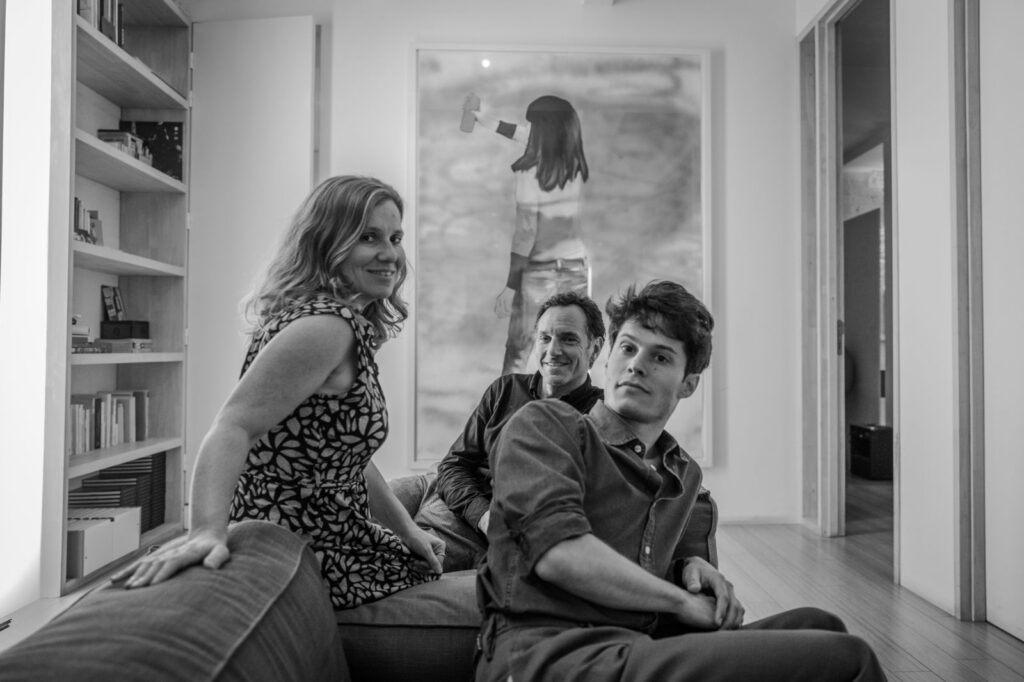We, the people of Dreamocracy, believe that democracy is at a turning point and that public authorities, citizens and public policy stakeholders must increasingly master the art of collective intelligence in order to ensure democracy’s future.
Collective intelligence is the potential that groups have to solve problems better through authentic collaboration. Democracy, thanks to its ability to foster greater equality, equity, and freedom, should provide better conditions than other forms of governance for collective solutions to emerge. However, if people do not see that public challenges are properly addressed, that decision making processes are fair, that their aspirations, needs and fears are acknowledged, and that the quality of their lives improves, more and more will turn their back on democracy.
It is thus urgent that citizens, public officials and stakeholders learn to mobilise collective intelligence and even creativity – the ability to produce original and useful solutions – purposefully in the face of ever more complex challenges, of aggressive competition from illiberal regimes, and as individual freedoms are being severely curtailed since the Covid-19 pandemic.
Based on our experience, knowledge, and research, we therefore believe that the State should put the following four principles at the heart of their mission.
- The future of democracy lies in properly fostering collective intelligence to solve public problems
One of democracy’s first slogans was “No taxation without representation.” With widespread education and information came new demands: no representation without participation. We have learned that there is no participation without proper deliberation, and, in turn, no quality citizen deliberation without considerable commitment. Now public authorities should go further, ensuring that mobilising collective intelligence is central to their mission, in service to society, and throughout the policy cycle. The State should become a catalyst for social innovation.
- Collective intelligence requires diverse expertise
A key factor in allowing collective intelligence to emerge is the ability to tap into more diverse expertise, within the ranks of public officials, as well as from outside. To this end, citizen participation can be a significant driver, if designed well. However, collective intelligence should not be reduced to “asking citizens what they think” on the margins of otherwise unchanged institutions. It is time to redesign the State so that it fosters collective intelligence, creativity, and innovation by tapping into all types of stakeholders’ feelings, insights and ideas, be they “ordinary citizens”, representatives of interest groups, technical experts, party members, scientists or other, including politicians and public authorities.
- Tapping into diverse inputs requires an enriched skills set, also with the help of new technologies
We need to organise our collective thinking skills in order to address the full complexity of the challenges we face, including the long-term ones. This starts with learning to foster “generative dialogues’, and it also means better collecting data, sensing the future, understanding dynamic systems, spotting and developing innovations, experimenting, evaluating and replicating solutions across governance levels, organising government’s memory, and generally developing the infrastructures, systems and training curriculum that will enable public servants to use, question and synthesise multiple kinds of insight, models and knowledge. Civic-, gov-, pol-tech, Artificial Intelligence can help, building on the principles of open government and aiming for European sovereignty and data neutrality.
- A collectively intelligent democracy will show greater empathy
Empathy is the ability to feel and see from the perspective of another person or nation. This is a key requirement for collective intelligence to emerge in a complex, interdependent world. Enriched with compassion, it is also essential if we want to purposefully remotivate citizens to engage in public matters and innovate by listening to their deep values.
Pursuing these four principles will not compete with representative forms of government. It can in fact allow us to enrich democracy and increase its ability to innovate. We, members of Dreamocracy’s team, aim to contribute to this goal and to be a space that catalyses democratic innovation.





